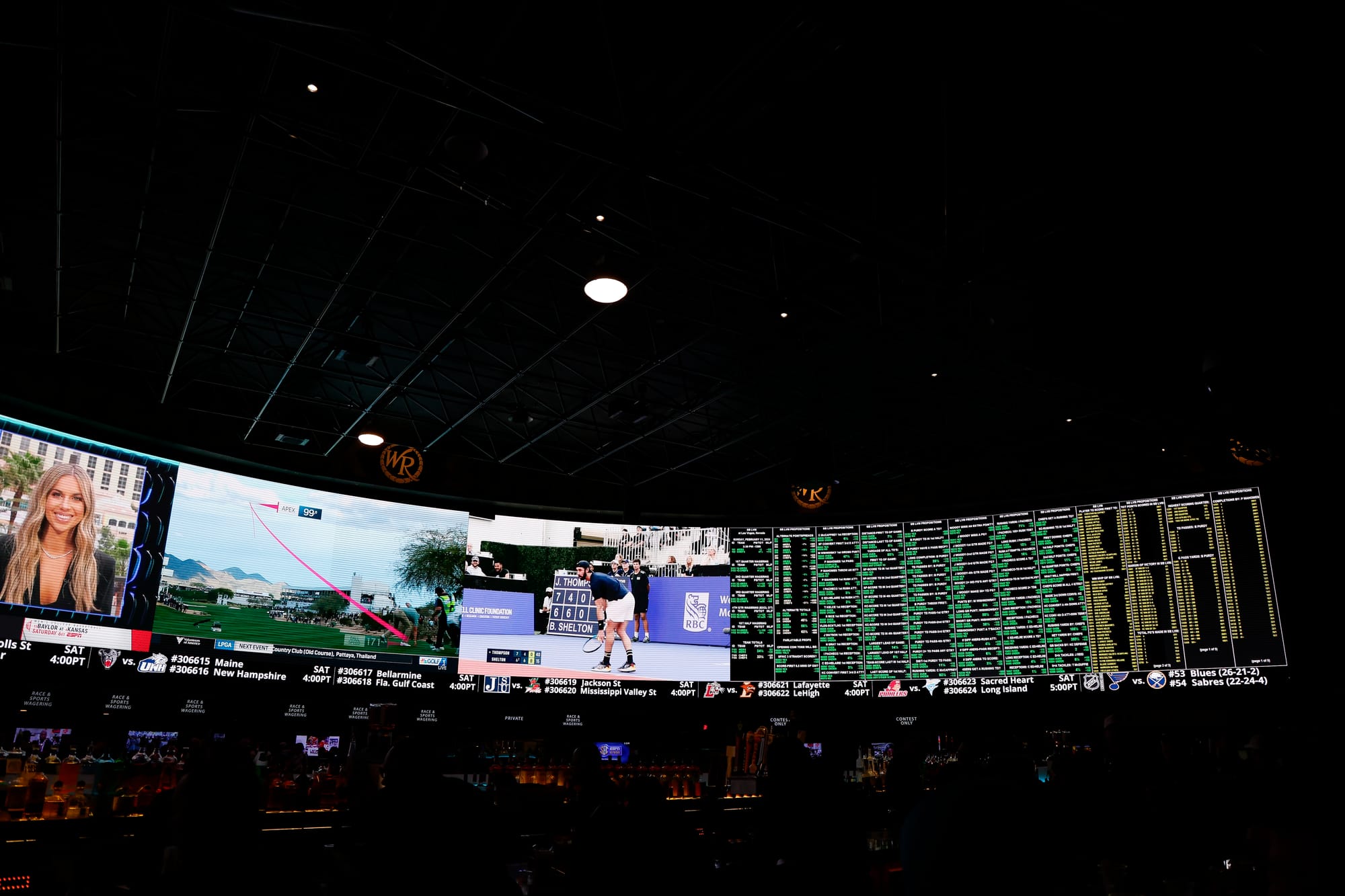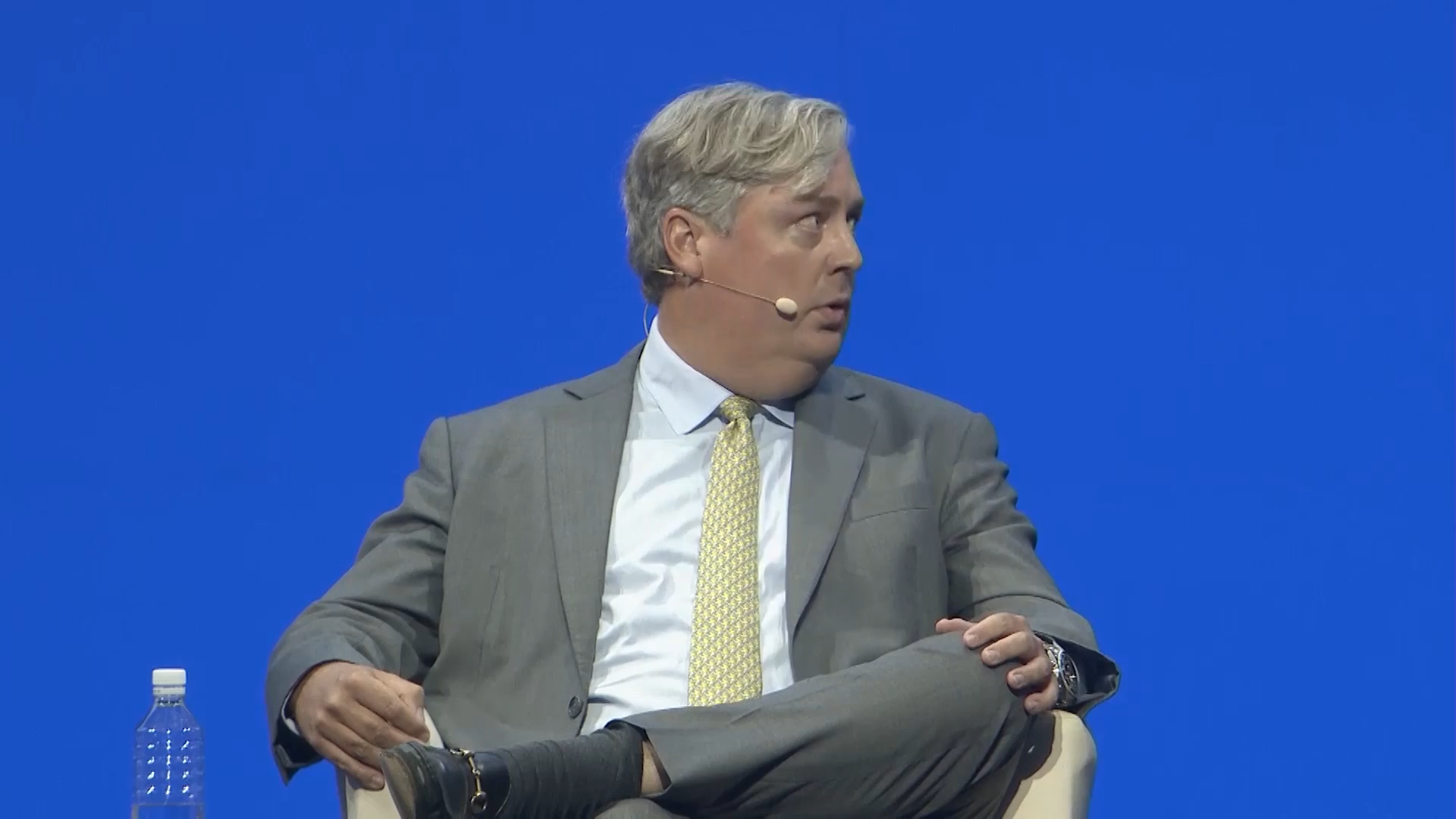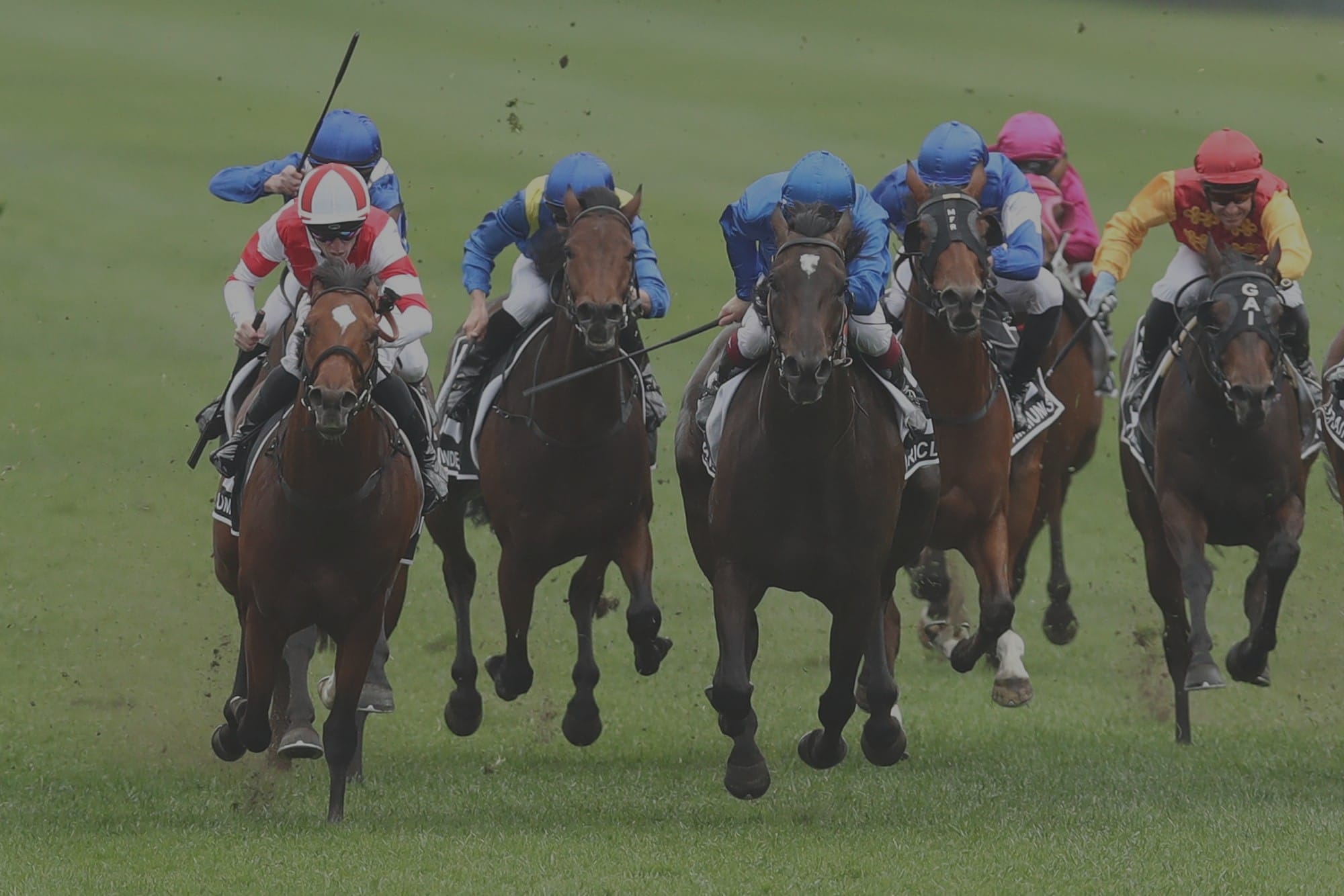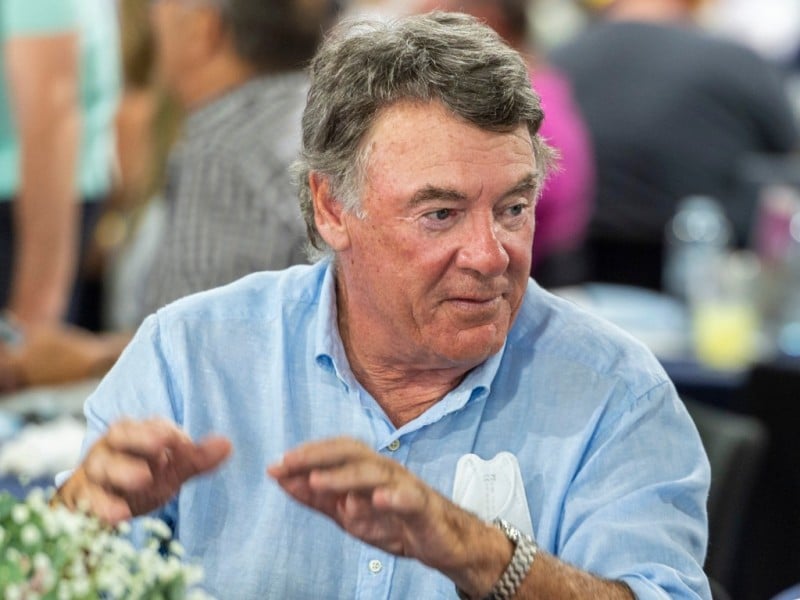Companion or competitor? The uneasy relationship between sports betting and racing
It is doubtful that anyone is better positioned to talk about sports, racing and the fight for the wagering dollar in Australia than Peter V’landys.

Through his tenure as chairman of the Australian Rugby League Commission, the man who led that code’s charge into Las Vegas, the sports betting capital of the world, and who for 20 years has been the chief executive of Racing NSW, is uniquely placed in both worlds.
So when he said at the Asian Racing Conference in August that racing should be “taking sports betting on” it both pricked ears and raised eyebrows.
“I think our future has got to be, you’ve got to look at what our competitors are doing and our competitor at the moment is sport. Sports wagering is the fastest growing wagering medium and it’s beating racing at the moment in pretty well every jurisdiction,” V’landys said at the time.
While perhaps highlighting the inherent tension of his dual roles, V’landys also framed sport and racing as a battle for the wagering dollar.
But is this direct competition for a fixed wagering dollar strictly true?
There is a growing sense from many sources within the wagering industry that the fortunes of sports and racing are tied – that growth in one can lead to an upturn in the other.
Sports betting has undoubtedly grown its share of the wagering market in Australia in the past 20 years. The regulated sports betting market in Australia turned over less than $1 billion in 2001, but by 2021 this had reached over $13 billion.
Over the same period, betting on thoroughbred racing in Australia increased from $9.6 billion to a record $29.1 billion.
To characterise it as a share of the pie, regulated sports betting has gone from a 7.4 per cent share of the wagering market in 2001 to more than 25 per cent in 2021.
Significantly, studies in the post-pandemic wagering boom show that 38.1 per cent of Australians bet on horse racing, while 33.8 per cent bet on sport. The difference between those two rates was negligible among men.
Dabble, the youth-oriented bookie part-owned by Tabcorp, is already reporting that a majority of its turnover is in sports as opposed to racing, while aspirant corporate bookmaker PointsBet is progressing in the same way. The major bookies, Sportsbet, Tabcorp and Ladbrokes have all reported racing turnover is falling while sports betting is growing.
Globally, Entain-backed TAB NZ recently confirmed its August figures saw more money turned over on sport than racing, while turnover on sports betting in Hong Kong, considered one of the central racing jurisdictions in this part of the world, surpassed racing in 2021 and remains in the ascendancy – HK$156 billion to HK$135 billion in 2023/24.

On face value, it is little wonder that Australian racing administrators who rely on wagering for 90-95 per cent of their income, would see sport as a direct threat.
However, there is a separate, quite valid argument that the boom in sports wagering has been of considerable net benefit to racing, especially in Australia.
Those figures above point to the $20 billion impact in terms of turnover that racing has seen since the start of the century, a time frame where sports betting has grown by $12 billion.
Drew Fleming, the CEO of Breeders Cup, alluded to this ‘halo’ impact during the same discussion, during which V’landys called on racing to see sport as a competitor.
“Yes, it’s definitely a competition concern. But more importantly, I think it might be the largest marketing opportunity US horse racing will ever have. We have to pair it with other sports,” he said.
“We have to be creative in how we’re doing those bets and exotic bets. If you look at handle in the US, big race days are up this year because they’re being talked about with the NFL. They’re being talked about with the NBA.”
Admittedly, American racing is in a different state to Australian racing when it comes to wagering, but that racing can benefit from a closer association with sport is something that local wagering providers are seeing as well.
Anecdotally, The Straight has been told by one bookmaker that around 20 per cent of 18-30-year-olds who signed up to betting accounts in the pandemic boom of 2021 and 2022 bet on racing, with 80 per cent focused on sport.
In the two to three years since, the betting behaviour of that same cohort has changed. Now around 40 per cent of them bet on racing. While it is broadly perceived that sports betting is taking racing’s audience, there is evidence of a counterflow.
As one betting executive put it: “It may end up that sports ends up being the saviour of racing.”
Then, there is consideration of the Point of Consumption Tax funding model, which more and more states favour.
Racing Queensland and TasRacing get 80 per cent of POCT generated by the government from both racing and sports betting, while Victoria’s regime is a 50-50 split to the broader racing industry. NSW, which sends 33 per cent of POCT back to racing, is seeking a new regime, similar to that of Victoria. Western Australian racing gets 30 per cent of its government’s POCT tax receipts and South Australia 20 per cent.

The upside for the racing industry on these deals comes when wagering increases, regardless of whether that wagering is on racing or sports.
The major local sporting codes, such as AFL and NRL, take nothing of this POCT revenue. They get product fees and sponsorships/advertising directly from the WSPs, but nothing from betting taxes collected by government.
This situation has become especially relevant during the current debate over federal government gambling advertising restrictions.
The focus on that crackdown is primarily on sports, with expectations that racing will receive a ‘carve out’ due to its stronger dependence on wagering.
The exact details of the new policy are expected to be confirmed in the next few weeks, but we know that it will take a lot of work for bookmakers to market sports betting.
“Yes, it’s definitely a competition concern. But more importantly, I think it might be the largest marketing opportunity US horse racing will ever have. We have to pair it with other sports” – Breeders’ Cup CEO Drew Fleming
The upshot of this for racing may be a sugar hit of greater promotion in the short term, but given much of the growth in wagering has been driven by sports betting, the overall wagering pie is unlikely to increase at the same rate.
Given how much heavy lifting the wagering industry has done in the past decade to get new people into betting on racing, a lot of them through sport, then a reduction of that funnel can only be a net negative, in terms of racing’s bottom line, for all the reasons above.
Then there is the possibility that a sports industry, which may no longer get access to sponsorship from wagering, will begin asking questions as to why it shouldn’t have a slice of the Point Of Consumption pie.





